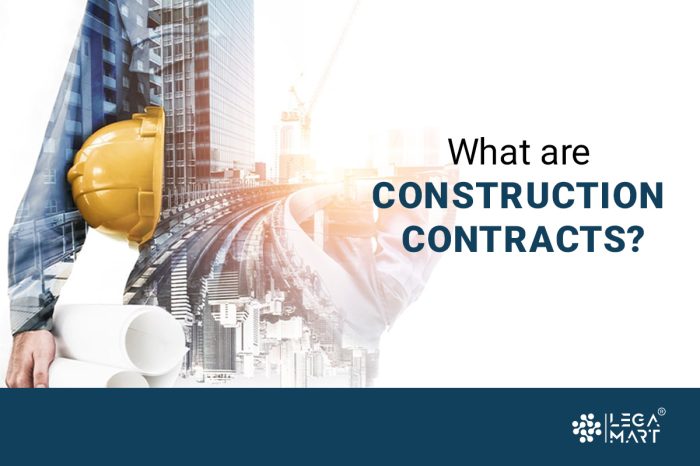Commercial and Business Law
Construction
Any legal matter involving the construction of a building or another sort of structure, like a road or bridge, is referred to as construction law. Federal statutes are frequently used to enforce workplace safety requirements and employment rules on the construction industry. States can impose additional regulations for workplace safety, environmental regulations, and a more equitable, transparent employment process. Any particular and particular local requirements, such as zoning limits and noise level restrictions, are more frequently covered by city and county ordinances. Of course, a sizable portion of construction law deals with workplace accidents and injuries, flaws in the construction process, problems with contracts, and difficulties acquiring the necessary building licences.
-
Timeline Disputes
-
Workmanship & Surety Issues
-
Contractor Termination
-
Construction and/or Design Defects
-
Mechanic’s Liens
-
Contract Drafting & Negotiations
Timeline Disputes
Making a construction schedule is a challenging task. Because projects don’t always go as expected, construction workers frequently need longer time to complete certain tasks or the entire project. This is so that the cost of finishing a project can be higher if more labour and time are required. The cost of supplies may also grow as timelines get longer. If they breach the terms of the contract or materially raise the parties’ financial obligations, parties can easily commence a dispute over project delays and schedule adjustments.
Workmanship & Surety Issues
Anytime workmanship gets questioned, tempers can inflame the situation. A surety bond is a three-part agreement between an owner (the hiring party), a contractor, and usually, an insurance company that promises to satisfy the contractor’s obligations in case the contractor fails to perform its duties in accordance with the construction contract. If parties disagree on the quality of the workmanship, it can bring projects to a screeching halt.
Contractor Termination
Termination is frequently viewed as a lose-lose scenario for all parties. Based on an occurrence or set of events that give birth to a right of termination, a contract may be automatically ended. Nonpayment, underperformance, and/or nonperformance by one or more parties to the agreement and schedule delays are some of the most frequent grounds for contract termination. Before considering terminating the contractor, all other options should be considered.
Construction and/or Design Defects
Allegations of structural flaws, inferior materials, or code breaches are extremely serious and should be considered carefully. Typical building flaws include stained drywall near windowsills and ceilings, serious electrical problems, patio or patio tile fractures, leaky roofs, and many others.
Mechanic’s Liens
Contractors and suppliers who are not paid have the legal right to enforce mechanic’s liens. In the event of a liquidation, a lien ensures that employees are paid first. Mechanic’s liens may occasionally be needed to hire construction workers for a project.
Contract Drafting & Negotiations
Construction contracts differ from other forms of contracts in that they take industry-specific factors into account. While creating and negotiating construction contracts, only experienced construction attorneys will comprehend your needs and be able to protect your interests.
Find Best Lawyers and Legal help in
Latest Articles
Tell us more about your problem.
Please give a brief description about what it is you need to talk to our lawyers about ?


